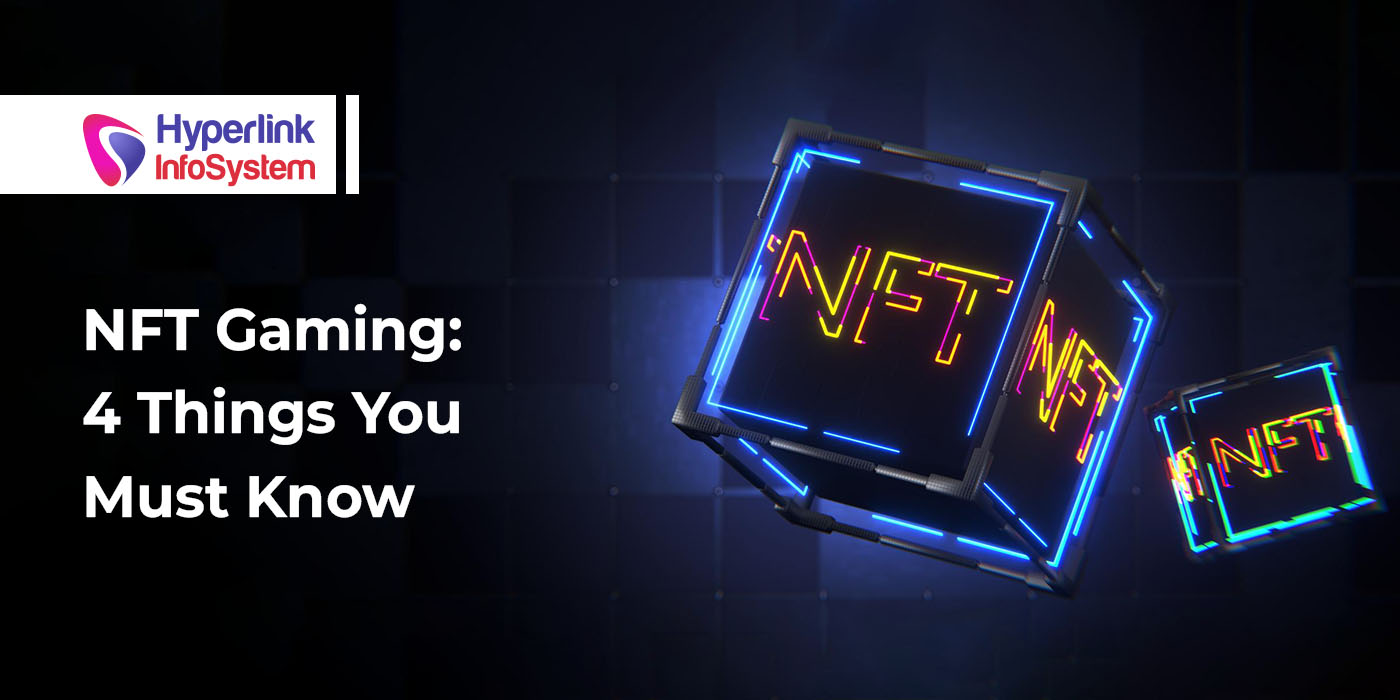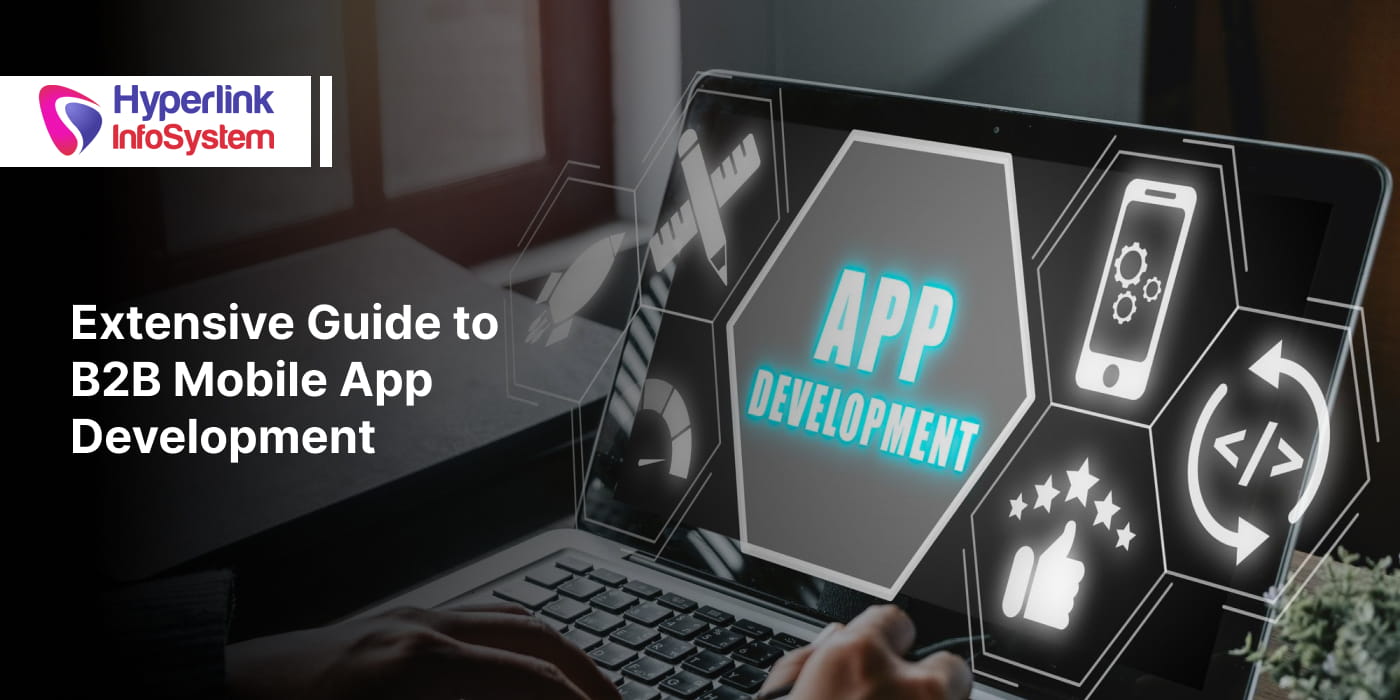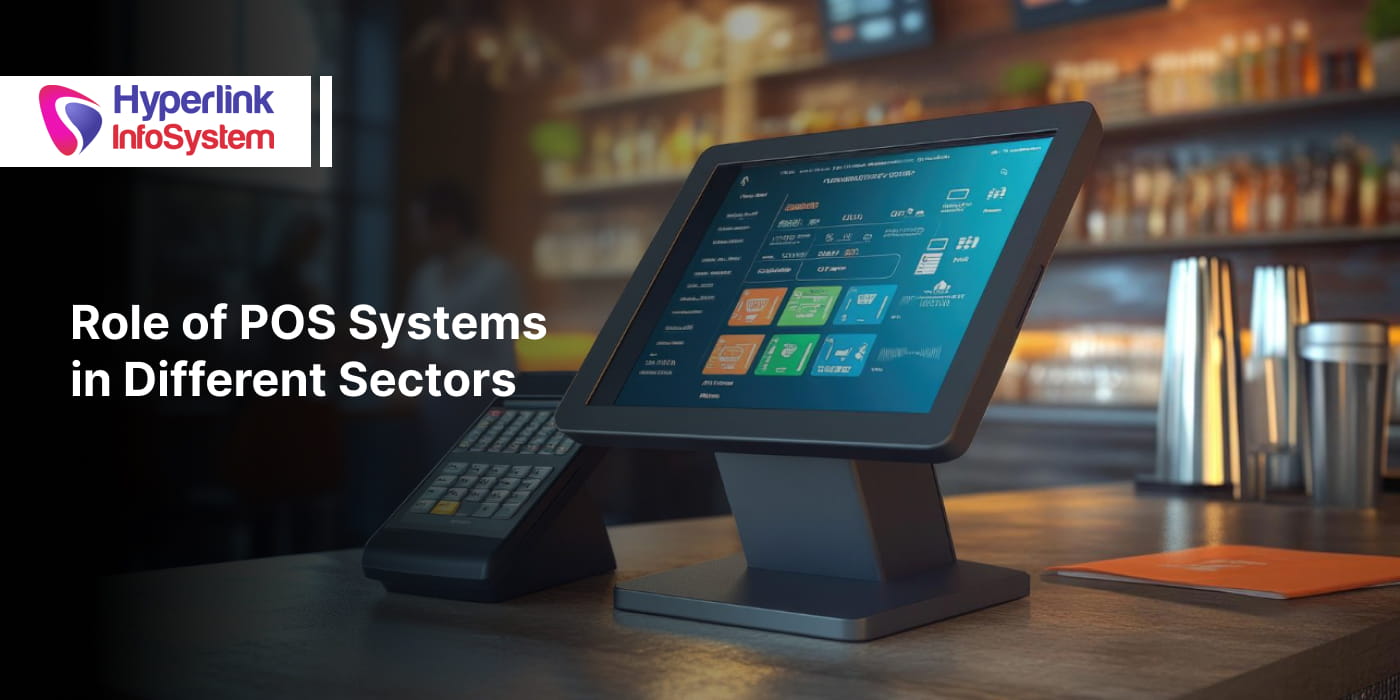NFT gaming is definitely on the rise. NFTs, or non-fungible tokens, are digital currency held on a blockchain that can track ownership of an asset wherever it goes and can offer to resell percentages to past owners. It should be a no-brainer for the world's 3 billion gamers to seek out rare items, collect limited trinkets, and uncover rare art and souvenirs to cherish.
NFTs can be complex and suffer from poor UX design, which can make them hard to sell. However, gamers may be more receptive to NFTs if they are designed well and offer good value. There is also an environmental impact to consider with NFTs, as they can use a lot of energy to produce.
NFT gaming is one of the hottest new trends in the industry, and it's only going to become more popular in the coming years. If you're not familiar with NFTs, be sure to check out our in-depth feature to learn more about what they are and how they work. With more and more major publishers jumping on board with NFTs, it's likely that you'll be working with them soon if you aren't already. So what can we expect from the future of NFT gaming? Let's take a look.
Future of NFT Gaming
Value to the Gaming industry
NFTs in gaming could lead to interesting gameplay opportunities. As KokoSwap's Chris Clarke explains, gamers could put value into games and then take that value out again. Using its own platform called Quartz, Ubisoft takes this view. The publisher launched Quartz at the end of 2021 but it stayed the course even though there was some fan backlash.
Quartz is now offering current players of Ghost Recon Breakpoint the ability to earn
NFTs (non-fungible tokens) of new cosmetic items. These items can be traded, sold, or held by the player, and are a more secure and flexible way for players to earn money from the game. This is not a new concept, but NFTs provide a more secure and reliable way for players to profit from their gameplay.
Control in Hands of the Gamer
In-game items are typically purchased through microtransactions and season passes, as discussed above. However, NFTs give more power to players by allowing them to sell items and earn a percentage from future resales. For gamers who grew up reselling old games to pay for new ones, this is a huge development in the digital era.
NFTs offer players a lot of control over the sale and resale of in-game items. In games like FIFA and Fortnite, NFTs can be used to buy and sell limited-time skins and other items. This allows players to invest in rare items and skills, and then sell them on an NFT marketplace.
This example raises a key issue of concern for committed gamers. If you had a large wallet, you could buy a great pre-made team and win trophies very quickly. earning NFTs Many people view NFTs as rewards and never look back. In some respects, NFTs could drag in the worst aspects of real-life football as the richest ‘clubs’ thrive.
The ownership players can bring to NFT gaming can also be embraced. Many games are built around customization, and a marketplace would enable creators to sell NFT-powered assets for their favorite games. This would give players a greater sense of ownership over their game experience and could create a whole new economy around NFTs in gaming.
All About Interoperability
Non Fungible Tokens are a big deal in the gaming world. They can be used across many or all games, and their data and ownership are tracked on a blockchain. This makes them easy to transfer across games that share the same blockchain. For a publisher like Ubisoft with many leading gaming brands, being able to link them all together with NFTs would be fascinating. And against accusations of a cash-grab, Ubisoft has revealed that it won't earn from resells on Quartz. This NFT platform is built on the low-carbon Tezos blockchain.
NFTs present an interesting opportunity for
game developers and publishers. With NFTs, developers and publishers can create a system in which players can own in-game items. This means that if a player buys an item in one game, they could potentially use it in another game as well. For example, if Ubisoft were to close Ghost Recon Breakpoint but launch a new Tom Clancy shooter, players would be able to transfer their "Clancy NFTs" to the new game. However, there are still some questions about how far this can go. For instance, what are the practicalities of transferring an NFT between many types of games?
Leader of the Metaverse
Games that use NFTs, such as Splinterlands and Axie Infinity, are ahead of the curve for those who want the benefits of Metaverse and
blockchain technology. Metaverse will connect games to other parts of our connected, digital future, and NFTs will be the glue.
Metaverse is a term for a shared, virtual space where people can interact with each other and with digital content. It's still in development, but some believe it has the potential to be as big or even bigger than the internet.
Metaverse is a broad term that covers the entire internet. It will be hosted on many platforms, games, and sites. The term
Metaverse is actually a broad term for Web 3.0, which will change the way we socialize, work, play video games and interact. Metaverse will have multiple facets and spaces, and we will even have multiple 'personalities'. Your Axie self will likely be different from your Call of Duty persona, in the same way, your LinkedIn identity is different from your Twitter self.
Conclusion
Here are some reasons why you should know everything about NFT gaming. Not just because it is the future but it can generate a lot of value. Although there is a fact that upcoming games will have to comply with the older data, this is the only setback. Otherwise, Metaverse is also going to get big hits by the NFT gaming thing.























